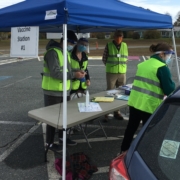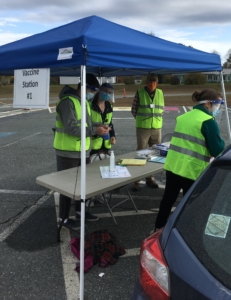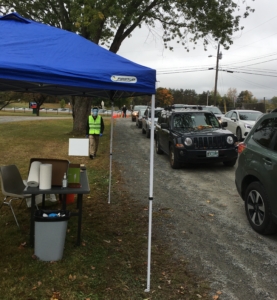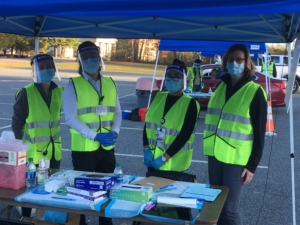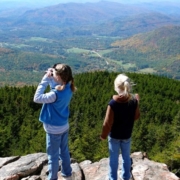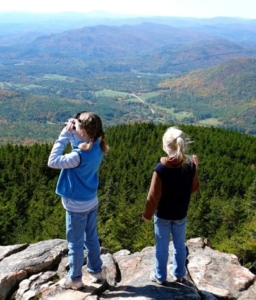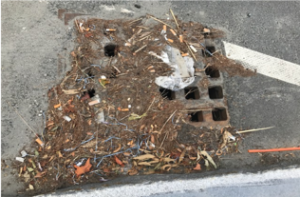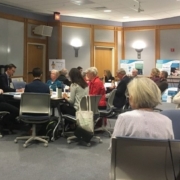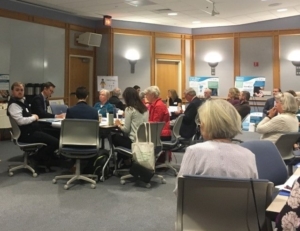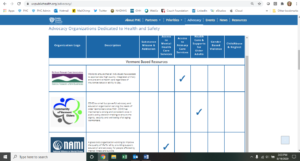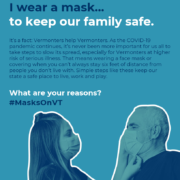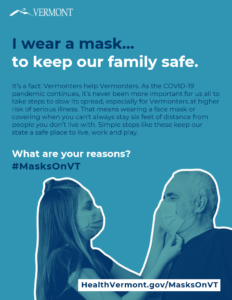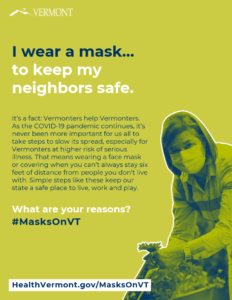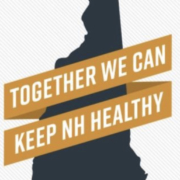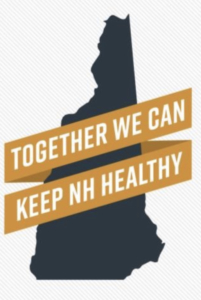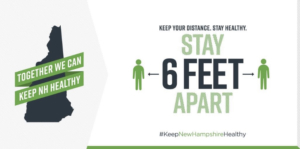October Was Flu Vaccine Month in the Upper Valley
This fall in the Upper Valley there have been many opportunities for residents to get seasonal flu vaccine. This year, getting vaccinated against the flu is more important than ever. During the COVID-19 pandemic, we cannot afford to overburden the health care system with flu-related hospitalizations. Also, because the symptoms of flu and COVID-19 are similar, it is difficult to distinguish the two infections and health care providers may use scarce resources assuming cases are COVID-19 when they are not.
Fortunately, it appears many Upper Valley residents have heeded the warning and gotten their vaccine. Dartmouth-Hitchcock and the Vermont Department of Health both report higher numbers of vaccines given this year over recent years. The Public Health Council is proud to have been part of this effort, providing over 1,350 free flu vaccines in five community drive-thru clinics during the month of October.
This was a true collaborative effort and we want to thank the partners who made these clinics possible. Thank you to the 99 students from the Geisel School of Medicine who volunteered 514 hours of service to administer vaccines. To Dr. Annika Brown who trained the students and recruited eleven of her colleagues from Dartmouth-Hitchcock to supervise the clinics. To Dartmouth-Hitchcock for donating vaccines and clinical supplies. To Novo Nordisk and the Lebanon Rotary Club for providing grants to cover expenses of setting up outdoor clinics. To community partners who helped coordinate and staff the clinics:
- Creigh Moffett of Rivendell Academy
- Stephanie Schell of Plainfield
- Phil Neily of the Town of Enfield
- Little Rivers Health Care
- Canaan Elementary School
- Canaan Fire Department.
- Members of the Lebanon and Cohase Rotary Clubs who staffed our registration tents.
We are certain to have missed someone on this list of partners because we received so very much support. Our oversight does not diminish our gratitude.
May the seasonal flu vaccine effort next year be less complicated by other factors. But may we never forget how fortunate we are in the Upper Valley to have so many partners working together to protect our community’s health.
Sincerely,
Alice Ely, Executive Director
Rudy Fedrizzi, Board Chair
Other News About Seasonal Flu Vaccine from Around the Region
From Weekly VT Governor’s Report (submitted 10-13-2020): Bi-State Collaboration to Combat Flu
“For the past 10+ weeks the White River Junction District has been engaged in a bi-state working group to expand flu vaccination. This effort includes representation from Dartmouth-Hitchcock Medical Center and its affiliates, Geisel Medical School, Visiting Nurse Associations, the Public Health Council of the Upper Valley, the Upper Valley Medical Reserve Corps (also a bi-state group), and the Vermont Department of Health. Already flu uptake is exceeding previous year volumes. VT school flu clinics in collaboration with local provider groups like those of Little River Healthcare and Gifford Pediatrics are more robust this year with many providing immunizations to school staff. ”
Local Media Share Vital Information
Public urged to get Flu Shot
By Nora Doyle-Burr
Valley News Staff Writer
Published: 10/12/2020
LEBANON — Now is the best time to get a flu shot, a Dartmouth-Hitchcock Medical Center epidemiologist told participants in a virtual community conversation last week about the importance of such vaccinations as the COVID-19 pandemic persists.
Influenza activity often begins to increase in October, peaking between December and February. Because it takes about two weeks following a flu shot to develop immunity, people who wait too long to get their shots may risk getting sicker than they would if they had gotten them earlier, said Dr. Jose Mercado, a hospital epidemiologist at Dartmouth-Hitchcock Medical Center. READ MORE
NH Officials Stress Need for Flu Shots
Concord Monitor
Published: 8/18/2020
As fall approaches, health officials are worried about an unprecedented flu season in which two potentially deadly respiratory illnesses would stress the same limited health care resources. Getting a flu shot is important now more than ever, state officials say, because the health care system can’t handle two simultaneous outbreaks.
Complicating the issue is that while the flu and COVID-19 are different, they present almost identical symptoms in patients. Beth Daly, the chief of the Bureau of Infectious Disease Control in New Hampshire, said there is virtually no way to distinguish between the two illnesses based on symptoms alone. READ MORE
